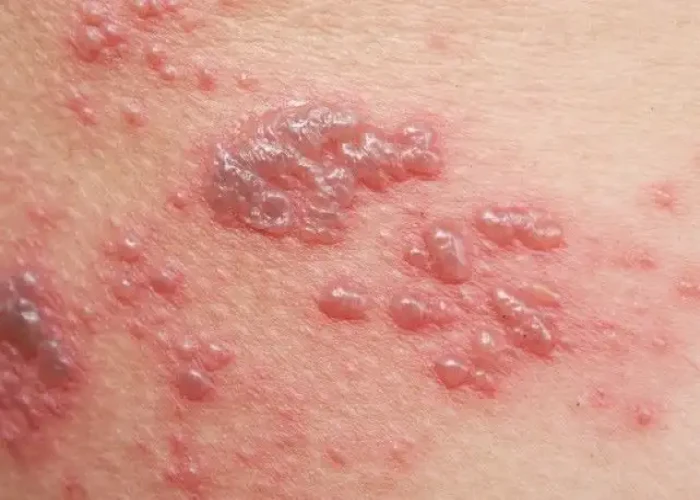 Welcome
Welcome
“May all be happy, may all be healed, may all be at peace and may no one ever suffer."
Shingles
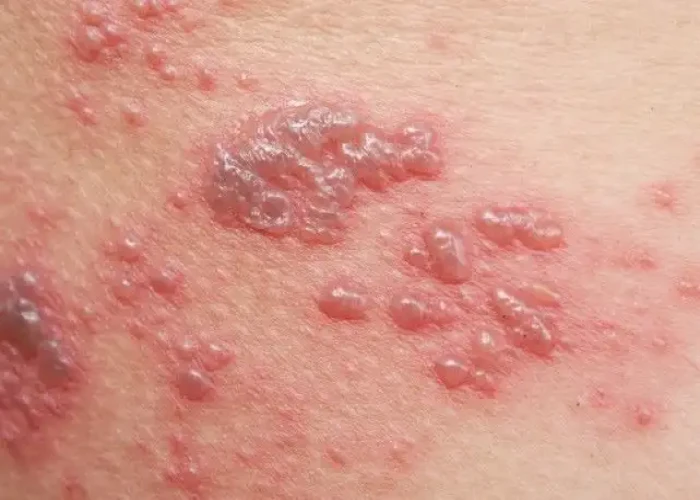
Shingles, also known as herpes zoster, is a viral infection caused by the varicella-zoster virus, the same virus that causes chickenpox. After a person recovers from chickenpox, the virus can remain inactive in nerve tissue near the spinal cord and brain. Later in life, the virus may reactivate and cause shingles.
The most common symptoms of shingles include:
- Pain, burning, or tingling in a specific area of the skin
- A rash that appears as a band or strip on one side of the body
- Blisters that break open and crust over
- Itching
- Flu-like symptoms, such as fever, headache, and fatigue
Shingles can be treated with antiviral medications to help reduce the severity and duration of the infection, as well as pain relievers and topical creams to help manage symptoms. Early treatment is important to help prevent complications such as postherpetic neuralgia, which causes persistent pain after the rash has healed.
Prevention of shingles includes getting vaccinated with the shingles vaccine, which can significantly reduce the risk of developing the infection and complications associated with it. The vaccine is recommended for adults over the age of 50, even if they have had shingles before.
Research Papers
Disease Signs and Symptoms
- Fever
- Headaches
- Sensitivity to light (Photophobia)
- Fatigue (Tiredness)
- Skin pain or burning sensation
- Itching
- Pain, burning, numbness or tingling
- A red rash that begins a few days after the pain
- Pus-filled blisters that break open and crust over
Disease Causes
Shingles
Shingles is caused by the varicella-zoster virus — the same virus that causes chickenpox. Anyone who's had chickenpox may develop shingles. After you recover from chickenpox, the virus enters your nervous system and lies dormant for years.
Eventually, it may reactivate and travel along nerve pathways to your skin — producing shingles. But, not everyone who's had chickenpox will develop shingles.
The reason for shingles is unclear. But it may be due to lowered immunity to infections as you grow older. Shingles is more common in older adults and in people who have weakened immune systems.
Varicella-zoster is part of a group of viruses called herpes viruses, which includes the viruses that cause cold sores and genital herpes. Because of this, shingles is also known as herpes zoster. But the virus that causes chickenpox and shingles is not the same virus responsible for cold sores or genital herpes, a sexually transmitted infection.
Disease Prevents
Shingles
A shingles vaccine may help prevent shingles.
People who are eligible to get it should get the Shingrix vaccine in the U.S.
In the United States, Shingrix was approved by the Food and Drug Administration (FDA) in 2017. Studies suggest that Shingrix offers protection against shingles for more than five years. Shingrix is a nonliving vaccine made of a virus component. It is given in two doses, with 2-6 months between doses.
Shingrix is approved and recommended for people age 50 and older, including those who've previously received the Zostavax vaccine or had shingles.
The Zostavax vaccine is no longer sold in the U.S., but other countries may still use it.
The most common side effects of either shingles vaccine are redness, pain, tenderness, swelling and itching at the injection site, and headaches.
The shingles vaccine doesn't guarantee that you won't get shingles. But this vaccine will likely reduce the course and severity of the disease and reduce your risk of postherpetic neuralgia.
The shingles vaccine is used only as a prevention strategy. It's not intended to treat people who currently have the disease. Talk to your doctor about which option is right for you.
Disease Treatments
There's no cure for shingles, but prompt treatment with prescription antiviral drugs can speed healing and reduce your risk of complications. These medications include:
- Acyclovir (Zovirax)
- Famciclovir
- Valacyclovir (Valtrex)
Shingles can cause severe pain, so your doctor also may prescribe:
- Capsaicin topical patch (Qutenza)
- Anticonvulsants, such as gabapentin (Neurontin)
- Tricyclic antidepressants, such as amitriptyline
- Numbing agents, such as lidocaine, delivered via a cream, gel, spray or skin patch
- Medications that contain narcotics, such as codeine
- An injection including corticosteroids and local anesthetics
Shingles generally lasts between two and six weeks. Most people get shingles only once, but it is possible to get it two or more times.
Disease Diagnoses
Disease Allopathic Generics
Disease Ayurvedic Generics
Disease Homeopathic Generics
Disease yoga
Shingles and Learn More about Diseases
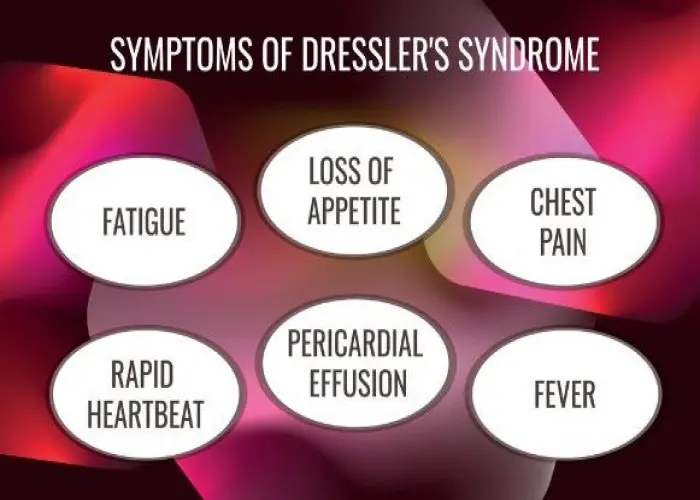
Dressler syndrome

Brain tumor

Hurthle cell cancer
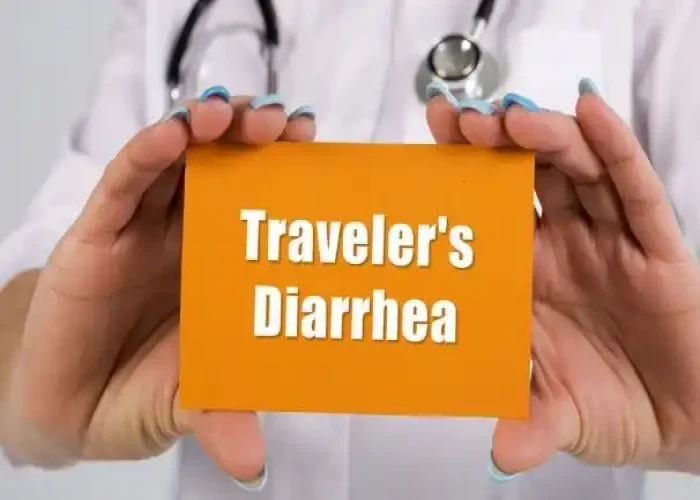
Traveler's diarrhea

Liver disease

Bedbugs
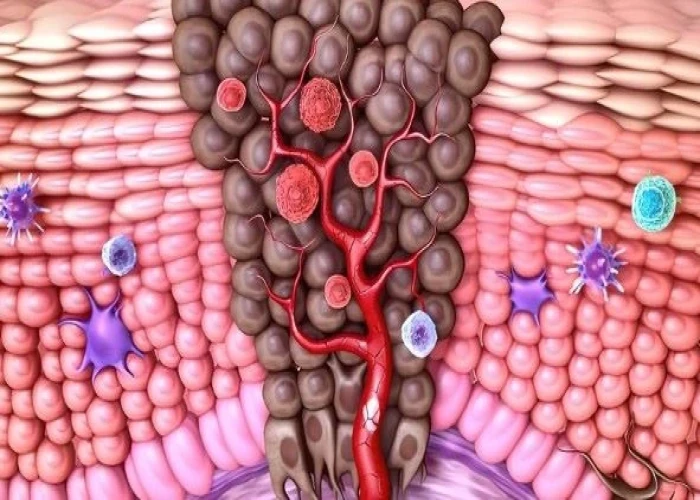
Multiple endocrine neoplasia, type 1 (MEN 1)

Premenstrual syndrome (PMS)
shingles, কোঁচদাদ
To be happy, beautiful, healthy, wealthy, hale and long-lived stay with DM3S.
